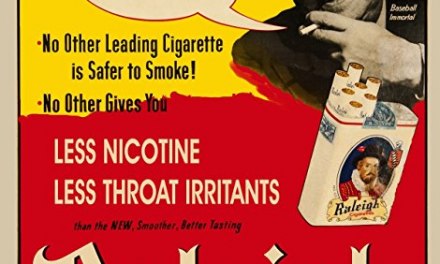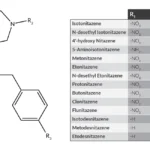Looks like someone finally got around to proving what’s long been suspected: that a bit less than a third of patients who take antidepressants meet DSM criteria for depression. Here’s a link to the study.
I admit I was surprised, but only at the percentage. The reality is that most people who take antidepressants have never had a formal mental health assessment, or if they did, it was long ago. They were put on the medication by their family doc or another health practitioner, and from then on, were essentially on their own.
Typically, SSRIs are first prescribed during those semi-regular 10-15 minute office visits to which we’ve all had to become accustomed. A broad complaint about feeling sad, diminished appetite, too much or too little sleep, and out comes the prescription pad.
About 10% of American adults are currently on an antidepressant, ostensibly for depression or anxiety, but most don’t currently meet criteria for those disorders. They’re on the med because it was easier at the time to write a prescription and send them on their way. After all, SSRIs are reasonably safe in terms of unintended overdose, and unlike their predecessors the tricyclics, do not produce unwelcome weight gain. That’s too much temptation for an overworked clinic practitioner eager to get the patient out of the office.
Besides, your insurance company probably loves them. It’s cheaper than extended psychotherapy. Nowadays, even clients who see a therapist find that the case managers at their managed care organization urge antidepressants as a way of limiting time in therapy.
This is what happens when medication becomes the ‘default’ treatment for something as common as depression or anxiety. In the hands of practitioners who lack special training in assessment and diagnosis, they’re handed out to folks who don’t need them, but accept them anyway, because, after all, who wants to come away from the doctor’s office with nothing but advice?
So I guess I shouldn’t be all that surprised when I see us employing a comparable strategy with opioid addicts and medications such as Suboxone.













